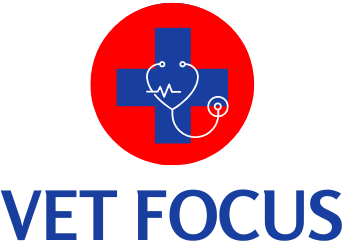It's important for responsible pet owners to be aware of the various health problems that might afflict our canine pets. We can ensure the general health and lifespan of our cherished canines by being aware of these issues and taking preventative steps. We'll discuss some of the most prevalent health problems that affect dogs in this blog post, along with recommendations for prevention and potential courses of action.
1. Obesity:
Overfeeding and inactivity are two common health problems that affect dogs. It may result in a number of complications, including joint troubles, diabetes, and cardiovascular problems. Give your dog a balanced food, limit portion sizes, and involve him in regular physical activity to prevent obesity. Consult your vet for a personalized weight-loss plan if your dog is already overweight.
2. Dental Issues:
Dental problems in dogs, such as tooth decay, gum disease, and tartar buildup, can be quite painful and have an impact on their general health. To avoid these issues, it is essential to receive regular dental care. As advised by your veterinarian, frequently brush your dog's teeth, give them dental treats or toys, and arrange for expert dental cleanings.

3. Ear Infections:
Dogs frequently develop ear infections, particularly those with floppy ears or abundant hair in the ear canals. Ear odor, frequent scratching, redness, and discharge are possible symptoms. Regularly clean your dog's ears with products recommended by your veterinarian and keep them dry to prevent ear infections. If an infection develops, consult a veterinarian for an accurate diagnosis and treatment.
4. Allergies:
Dogs can develop allergies to a variety of things, including specific foods, allergens in the environment, and flea bites. Itching, skin rashes, ear infections, and digestive problems are typical symptoms of allergies. Effectively managing allergic reactions can be achieved by identifying and avoiding the allergen as well as using drugs that your veterinarian has prescribed.

5. Parasites:
Dogs are susceptible to parasite infestations such as fleas, ticks, and intestinal worms. To keep your dog parasite-free, regular preventive steps are required, such as applying flea and tick treatments and giving deworming pills as prescribed by your veterinarian. If you observe any indications of an infestation, such as excessive scratching, hair loss, or adjustments in stool, immediate treatment is required.
We can enhance dogs' quality of life and avoid needless suffering by being aware of and proactive about the common health conditions that affect them. The keys to keeping our canine friends healthy and content include routine veterinary check-ups, a balanced food, appropriate exercise, adequate dental hygiene, and preventative measures against parasites. Always consult your veterinarian for advice on prevention, diagnosis, and treatment options for the unique medical requirements of your dog.


